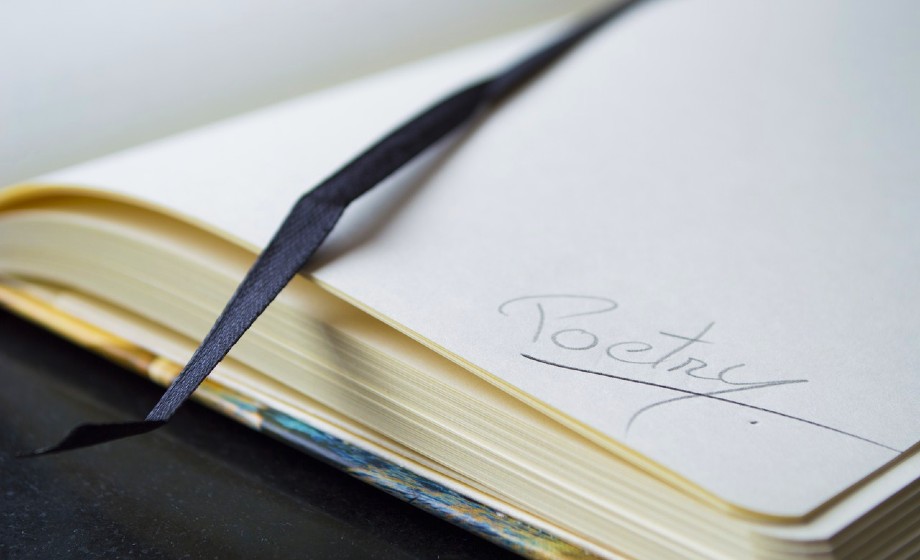Since time immemorial, poetry has existed. People of ancient times have taken time to put into words what they felt, what they thought, and what they believed. They need not be writers; some were philosophers who taught about life and existence, some were doctors who were affected by their patients and their illnesses, some were soldiers who fought in the war—and it did not matter for them who won.
Purpose of poetry
Humans feel. And when they feel, it is sometimes difficult to describe. Some feelings come to people in symbols…and so they write it down. Some feelings come to people in rhymes or tunes…some songs come out of it. Poetry has become humans’ outlet for what they feel. Sometimes they are visual, sometimes audio, but the end goal is to send a message—a message of despair (they may need some help), a message of happiness, a message of defeat, a message of victory. Writing poetry is one’s way of delving deeper into their personality. And when they let the words out, these can reach other people, who may, in turn, reach deep into their own lives and get the words out as well.
Poetry is limited, but it is not
Technically, there are a lot of ways to write a poem. Technically, there are rules to follow when writing some poems (like sonnets, villanelles, haiku, etc.). It could take one a long time to know all of those rules. But then there are free verses, free flowing, without rules.
Poetry is rich
Most poems, despite not written in complete sentences, are rich in visuals. Successfully written poems evoke emotions (maybe the same as what the author feels, maybe not) in the reader. When it hits them, it sits in their stomachs. Maybe the poem can drive the readers to write one of their own. And then it can circle back to what the purpose of poetry is: to get the message out there, hoping to touch another soul…

